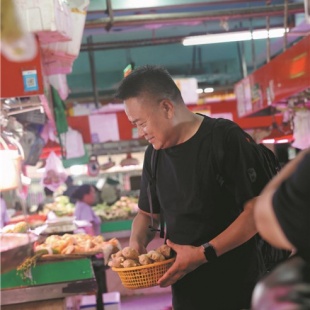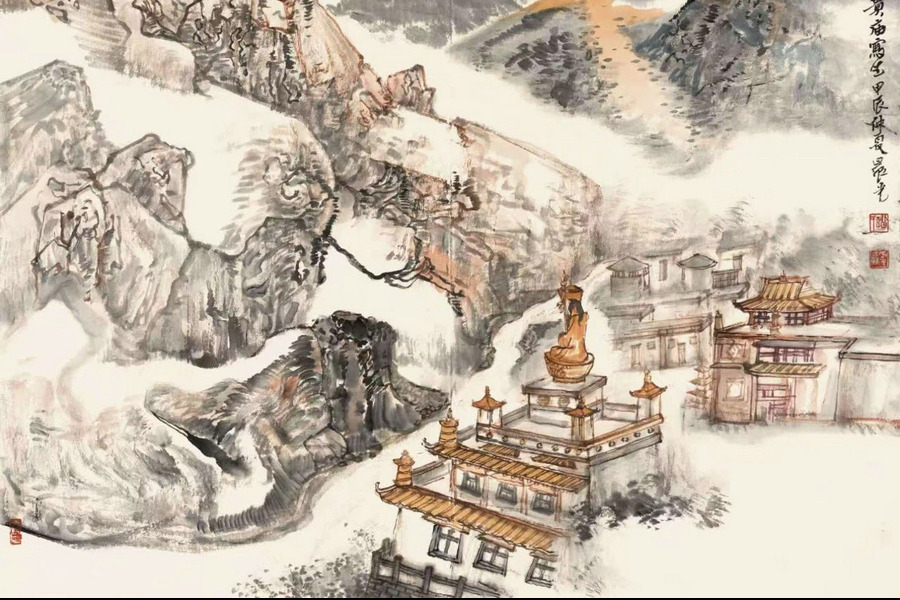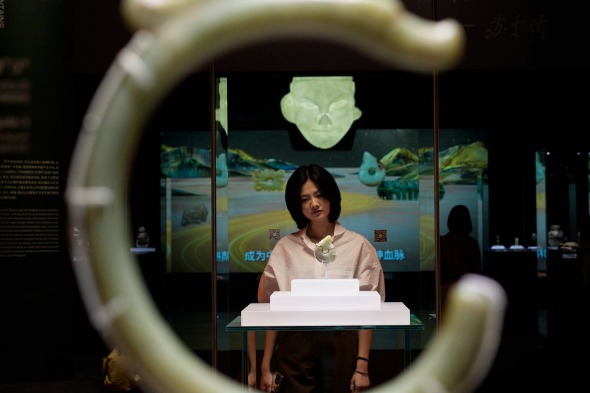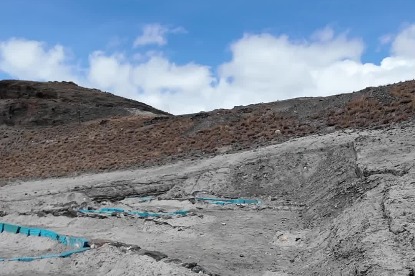Dishing up different discoveries

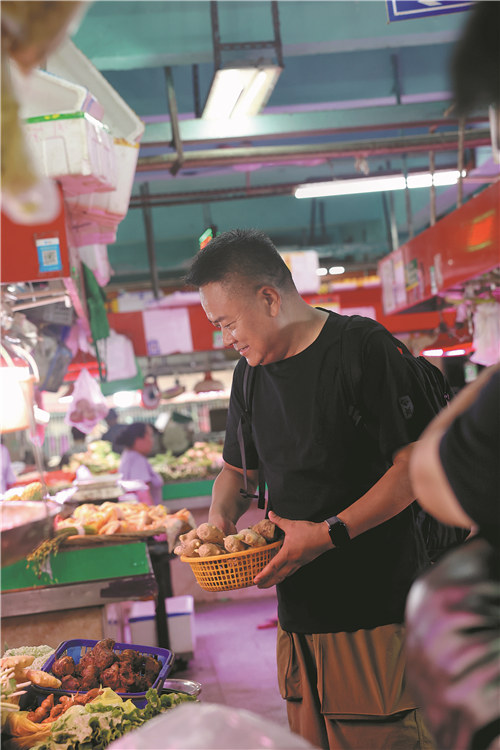
Cao has written a book that explores the 400-year history of Chinese consumption of chili peppers. He posits that the original intent behind Chinese people's fondness for spicy food was to use it like a stimulant to give them energy.
"The sweat-inducing spicy sensation can trigger the release of dopamine, and seemingly foster Hunan people's relatively vigorous character," says Cao.
"Eating spicy food together, sweating profusely and losing inhibition causes people to experience a sense of camaraderie through thick and thin. This kind of empathy forges a fundamental bond among people. So, eating spicy food together can serve as a social activity that ties people to one another," he adds.
Likewise, history professor Xu Jilin guides Chen through Chaoshan to sample the area's cuisine. Xu points out: "Patriotism and love for one's hometown are not merely conceptual. They are a physiological yearning. Our stomachs will never betray us, revealing where our roots lie."
Chen says: "This new program actually provides an insight into our previous endeavors in researching and discovering food, as well as the analytical processes involved. Throughout the series, we encounter, meet, taste and delve into the food's production processes, exploring the interconnectedness between the individuals behind the food and the respective regions from which they come. Our aim is to present these aspects to the audience as fully as possible."
The documentarian previously worked as a columnist who deployed sophisticated descriptions to chronicle his culinary journeys through places like Beijing and Chengdu, capital of Southwest China's Sichuan province.
He points out that the younger generation often lacks the time and energy to learn traditional cooking techniques from their parents and grandparents.
This, he explains, is precisely the motivation behind his documentaries.
"We aim to create a visual record of these foods and cooking techniques so that future generations can be aware of the ways of life their ancestors once enjoyed."


